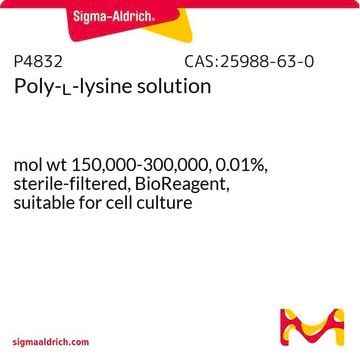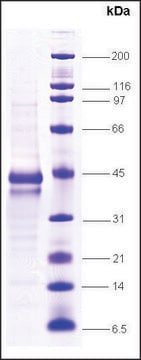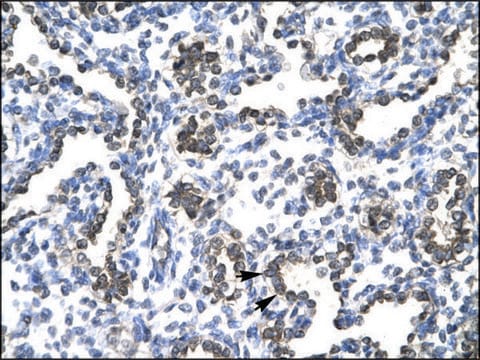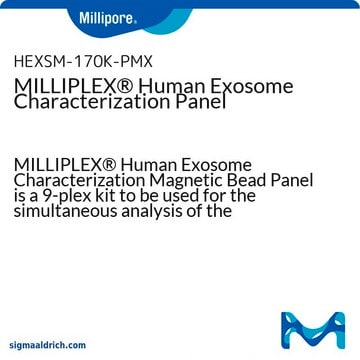ZRB2096
Anti-FosB Antibody, clone 3I8 ZooMAb® Rabbit Monoclonal

recombinant, expressed in HEK 293 cells
Synonyme(s) :
FosB proto-oncogene AP-1 transcription factor subunit, G0/G1 switch regulatory protein 3, Protein FosB, Transcription factor AP-1 subunit FosB
About This Item
Produits recommandés
Source biologique
rabbit
Niveau de qualité
Produit recombinant
expressed in HEK 293 cells
Conjugué
unconjugated
Forme d'anticorps
purified antibody
Type de produit anticorps
primary antibodies
Clone
3I8, recombinant monoclonal
Description
recombinant, expressed in HEK 293 cells
Gamme de produits
ZooMAb® learn more
Forme
lyophilized
Produit purifié par
using Protein A
Espèces réactives
human
Conditionnement
antibody small pack of 25 μL
Caractéristiques du produit alternatif plus écologique
Waste Prevention
Designing Safer Chemicals
Design for Energy Efficiency
Learn more about the Principles of Green Chemistry.
Validation améliorée
recombinant expression
Learn more about Antibody Enhanced Validation
sustainability
Greener Alternative Product
Technique(s)
affinity binding assay: suitable
immunocytochemistry: suitable
immunohistochemistry: suitable
western blot: suitable
Isotype
IgG
Séquence de l'épitope
C-terminal
Numéro d'accès Protein ID
Numéro d'accès UniProt
Conditions d'expédition
ambient
Température de stockage
2-8°C
Informations sur le gène
human ... FOSB(2354)
Description générale
Spécificité
Immunogène
Application
Evaluated by Western Blotting in HL-60 cell lysate.
Western Blotting Analysis: A 1:1,000 dilution of this antibody detected FosB in HL-60 cell lysate.
Tested Applications
Immunohistochemistry (Paraffin) Analysis: A 1:100 dilution from a representative lot detected FosB in Human placenta tissue sections.
Immunocytochemistry Analysis: A 1:100 dilution from a representative lot detected FosB in HeLa cells.
Affinity Binding Assay: A representative lot of this antibody bound FosB peptide with a KD of 3.7 x 10-7 in an affinity binding assay.
Note: Actual optimal working dilutions must be determined by end user as specimens, and experimental conditions may vary with the end user.
Description de la cible
Forme physique
Reconstitution
Stockage et stabilité
Autres remarques
Informations légales
Clause de non-responsabilité
Vous ne trouvez pas le bon produit ?
Essayez notre Outil de sélection de produits.
Code de la classe de stockage
11 - Combustible Solids
Classe de danger pour l'eau (WGK)
WGK 1
Point d'éclair (°F)
Not applicable
Point d'éclair (°C)
Not applicable
Certificats d'analyse (COA)
Recherchez un Certificats d'analyse (COA) en saisissant le numéro de lot du produit. Les numéros de lot figurent sur l'étiquette du produit après les mots "Lot" ou "Batch".
Déjà en possession de ce produit ?
Retrouvez la documentation relative aux produits que vous avez récemment achetés dans la Bibliothèque de documents.
Notre équipe de scientifiques dispose d'une expérience dans tous les secteurs de la recherche, notamment en sciences de la vie, science des matériaux, synthèse chimique, chromatographie, analyse et dans de nombreux autres domaines..
Contacter notre Service technique







